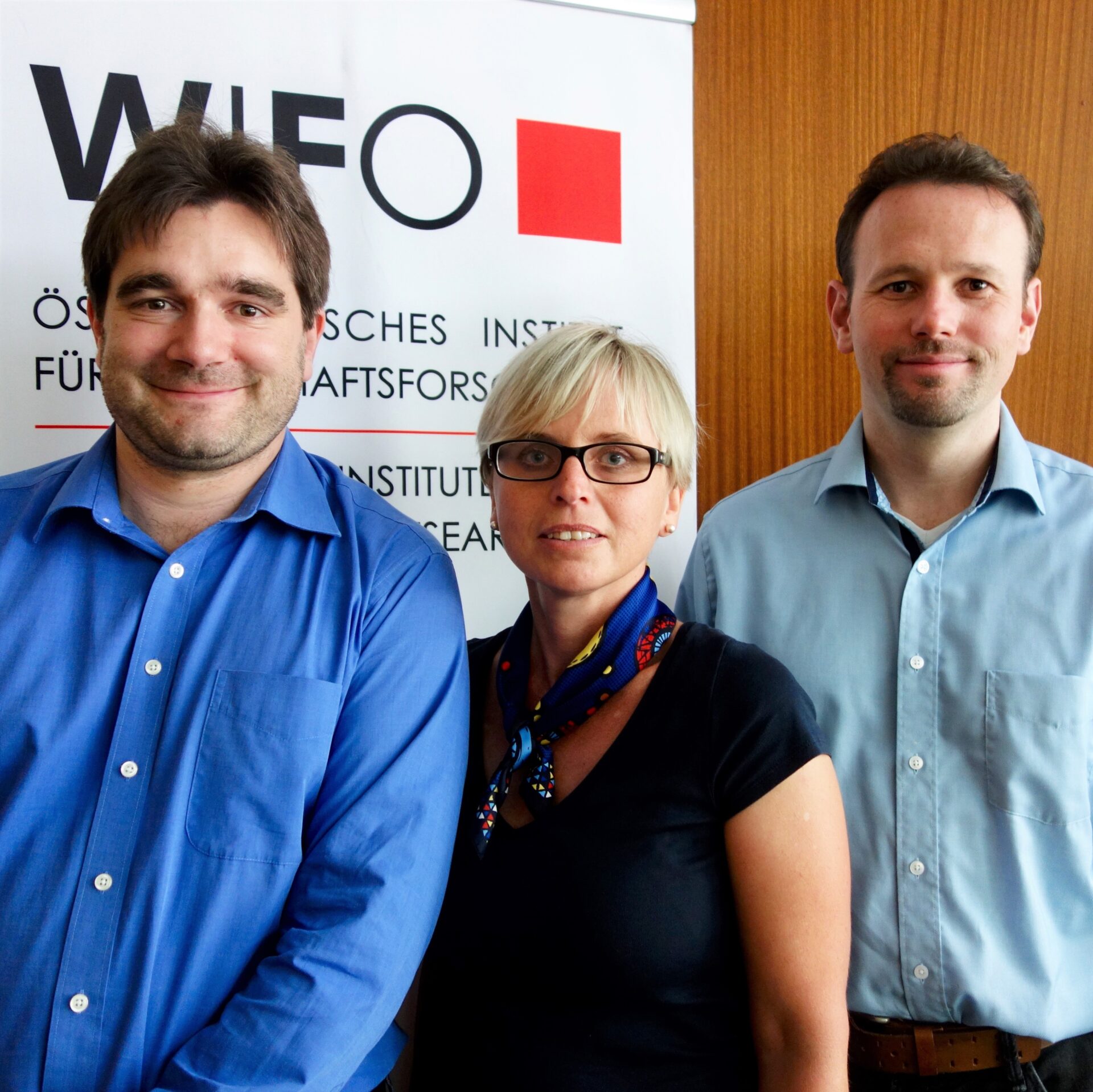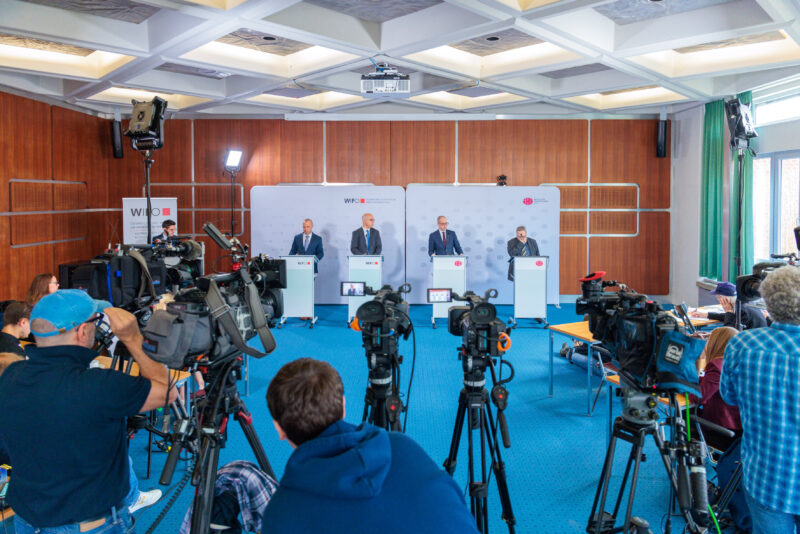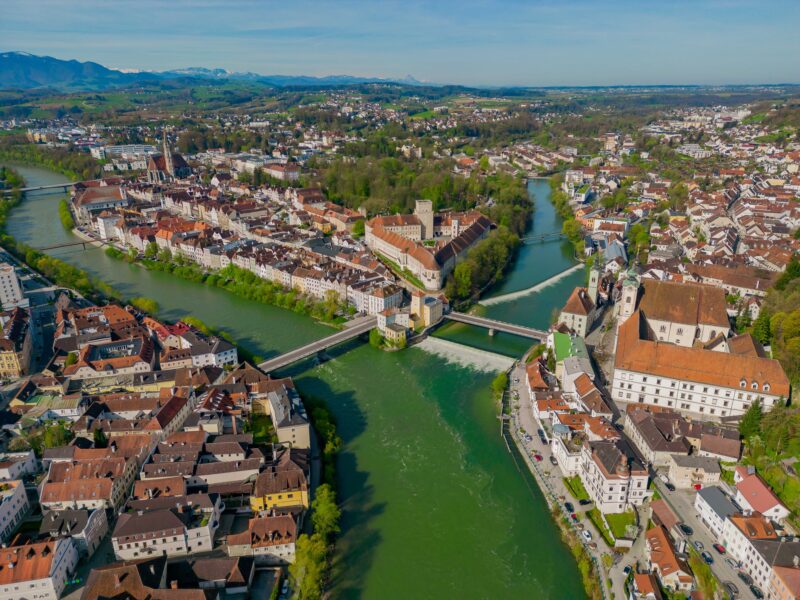
Policy Challenges in the Race Against the Machine
The impact of innovation-driven automation on economic growth has far-reaching implications for education and inequality, especially when the use of machinery requires more highly skilled workers and low-skilled workers are replaced. The presented theoretical model expects that technology-based growth will lead to an increasing proportion of graduates, increasing income and wealth inequality, and a declining share of labour. Simulations of economic policy measures such as robot taxes, progressive wage taxes or education subsidies show a differentiated picture.
Julia Bock-Schappelwein's comments reflected on the practical implications of the model. She put the results into the Austrian context and then derived implications for education and training policies and the inequality debate.
Prettner, K., Strulik, H., "Innovation, Automation, and Inequality: Policy Challenges in the Race against the Machine", GLO Discussion Paper, Global Labor Organization (GLO), 2019, (320), https://www.econstor.eu/bitstream/10419/191983/1/GLO-DP-0320.pdf.
Please contact
























